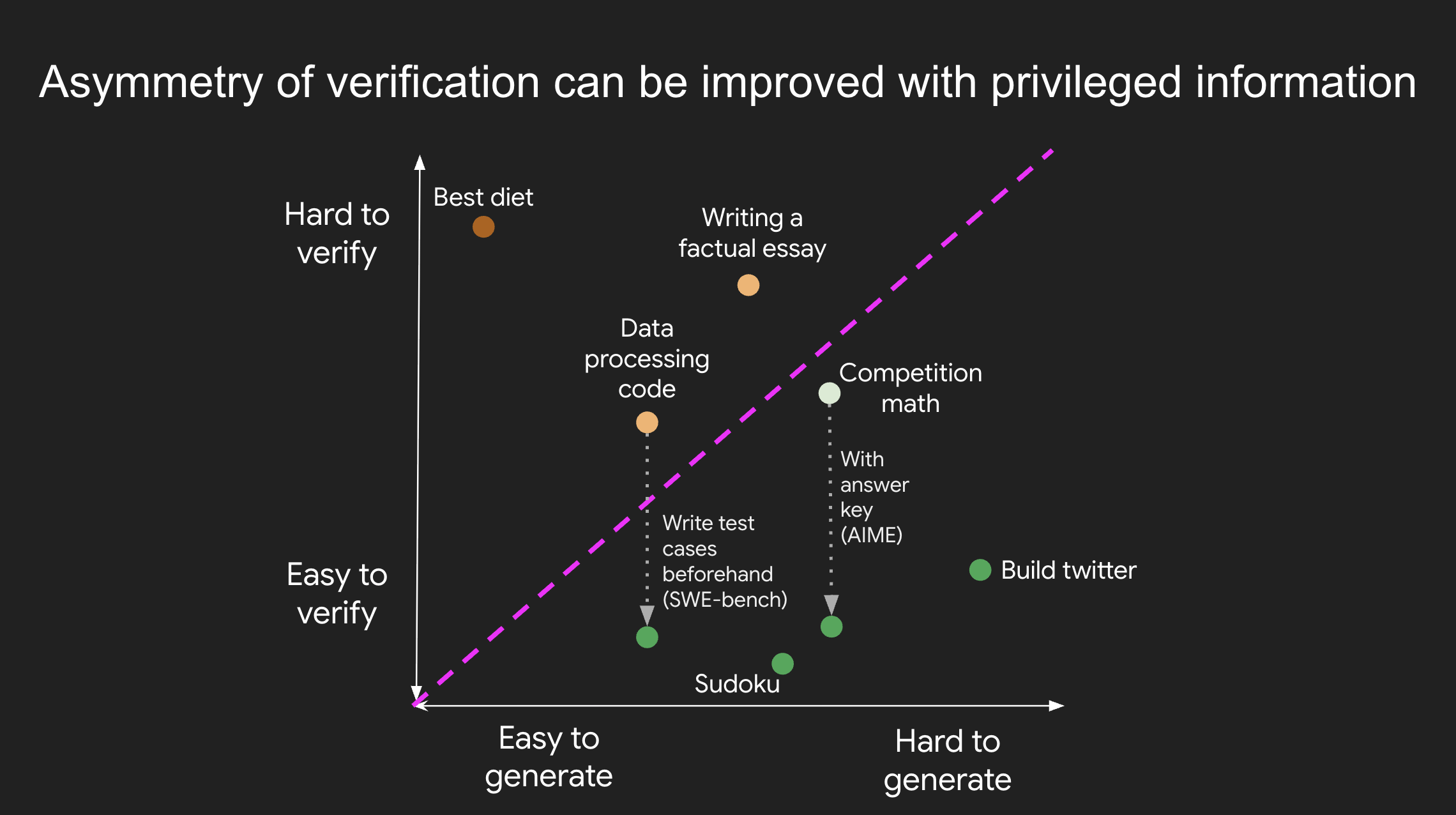What is an Intelligent Contract Repository and what are its key benefits?
Confused about how to track your contracts and get a handle on your process? You’re not alone. Many managers and staff simply do not have the time or expertise to keep track of their contracts. Yet, failing to effectively track contract performance can lead to huge problems down the road - the kind that result in legal action and expensive settlements. With all that’s at stake, is there an easy way to take control of your contracts and protect your company? Well, this is where an intelligent contract repository comes in. It helps in two major ways:
Knowing what contracts you have
Understand what you have in those contracts
What is a Contract Repository?
A contract repository is a centralized database or system used to store and manage contracts and other relevant documents. The contract repository allows organizations to easily access, track, and manage their contracts and ensures that all parties involved in a contract have the most up-to-date version of the agreement. It uses advanced technologies such as artificial intelligence (AI) and natural language processing (NLP) to automate and streamline contract management tasks.
The most valuable feature of a modern contract repository is to allow teams to organize their contracts & make them searchable. Let's take a look at each:
Contract Organization
One of the biggest problems faced by organizations large and small is something like 'we don't know where all our signed contracts are' or 'we have a 10 year old relationship with Acme Inc. and material business contracts are spread across many people, departments and repositories' or 'how do I ensure that all my signed contracts are updated with the latest regulatory clause', etc.
A modern contract repository should allow you to:
- Locate where all your relevant and irrelevant contracts are (think shared drives, emails, google drives, salesforce, etc.)
- Automate or assist in classification of contracts into various families / groups - by parties, contract types, jurisdiction, etc.
- Store all contracts in a central server (cloud based) where access can be easily controlled
Search for Contracts and Search within Contracts
Once your contracts are organized in a repository, the next most important feature is the ability to search for contracts by:
- Attributes like contract number, type or party name
- Contents of a contract - metadata like expiry date, governing law, party names or an exact term / phrase (say representing a regulatory term, specific clause, unique language).
Contract Analytics
Most organizations maintain their contract repository using Excel and shared drives / SharePoint / Google Drive. This is a good start but not scalable. Let us look at key reasons by Excel is not a good contract repository tool:
- Version control issues: One of the biggest problems with using Excel for contract management is that it doesn't have built-in version control features. This means that it's easy for multiple versions of the same document to exist, which can lead to confusion and errors.
- Limited searchability: Another downside of using Excel for contract management is that it can be difficult to find specific documents. This is because there is no central repository for all contracts, and each contract may be stored in a different location.
- Lack of security: Another issue with using Excel for contract management is that it lacks security features. This means that there is no way to restrict access to specific documents, or to track who has accessed them.
- Difficulty tracking changes: Another problem with using Excel for contract management is that it can be difficult to track changes. This is because there is no built-in mechanism for tracking changes, and it can be easy to accidentally delete or modify data.
What are the key benefits of using an intelligent Contract Repository?
- One of the top benefits of using a contract repository is improved contract management. By storing all contracts in a single location, it becomes much easier for organizations to track and manage their contracts. This can be particularly useful for large organizations with many contracts in place, as it allows them to easily keep track of contract expiration dates, renewals, and other important information.
- Another benefit of using a contract repository is enhanced collaboration. By making contract information easily accessible to all relevant parties, contract repositories enable teams to work together more efficiently. For example, if a sales team is working on a new contract, they can easily access information from previous contracts to ensure that they are meeting all necessary requirements.
- Another benefit of using a contract repository is improved compliance. By having all contracts in one location, organizations can easily ensure that they are adhering to the terms of their contracts. This is particularly important in industries with strict regulations, such as healthcare and finance, where non-compliance can result in significant fines and penalties.
- Contract repository also allows you to work on reducing risk. By having all contract information in one location, organizations can easily identify potential risks and take steps to mitigate them. For example, if a contract is set to expire and the organization has not yet begun negotiations for a renewal, the contract repository can alert relevant parties to this potential risk.
- Finally, a potential benefit of using a contract repository is increased cost savings. By having all contract information in one location, organizations can easily identify opportunities for cost savings. For example, if a company has multiple contracts with the same supplier, they can use the contract repository to compare prices and negotiate better terms.
Some examples of large organizations that have successfully implemented contract repositories include:
- The healthcare company Kaiser Permanente, which uses a contract repository to track and manage over 25,000 contracts. This has allowed the company to improve collaboration and compliance, as well as identify opportunities for cost savings.
- The financial services firm JPMorgan Chase, which uses a contract repository to manage over 1 million contracts. This has enabled the company to reduce risks and improve contract management, resulting in significant cost savings.
- The technology company IBM, which uses a contract repository to track and manage over 100,000 contracts. This has allowed the company to improve collaboration and compliance, as well as identify potential risks and take steps to mitigate them.
We understand that the first step of developing organization mandate and launching an effort to locate all the contracts is typically the hardest for most companies. Reach out to us at hello@contractken.com to understand how we bring in some of our LegalOps and ContractOps partners to drive that initiative.
Further Readings:






![Validate my RSS feed [Valid RSS]](valid-rss-rogers.png)





.png)


